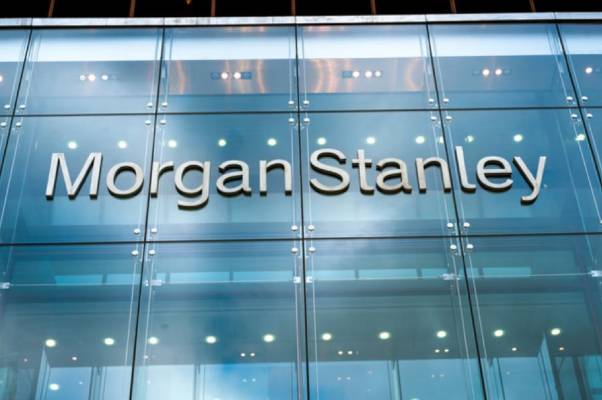Influential global investment bank Morgan Stanley recently said a key weakness for Sri Lanka is the high proportion of short-term debt.
"The proportion of short-term debt (original maturity) has increased sharply in the domestic markets and, even on the external side, Sri Lanka now faces a eurobond redemption every year until 2030 with a couple of maturities due in 2022 and 2024-25," the investment bank said in its latest report.
It further stated that the debt-maturity profile would indicate that, in a ‘tail risk restructuring scenario’, re-profiling of debt would be important to ensure that the gross financing requirements over the following years are covered.
"Considering the ownership by EPF and the commercial banks, rollover of domestic debt should not face any issues. However, on the external side, an extension of maturities by at least five years would be desirable looking at the maturity profile.” it added
The dynamics of the global economy have shifted with the coronavirus pandemic and Morgan Stanley is having its eyes on the emerging market group. The New York-based investment banking giant expects a year-end rally in emerging market currencies and sovereign debts.
Morgan Stanley analyst Jaiparan S Khurana said: “in the absence of a credible policy anchor like the IMF, debt-sustainability concerns would be the overarching theme.
As such, markets will likely price in a worst-case scenario for now – even though it may not be a forgone conclusion – and Sri Lanka could even be de-linked with broader EM sovereign debt markets, with upside possible only post-crystallisation of a positive catalyst such as China support.”
Morgan Stanley analyst said that they expect a downside scenario should take bonds into the 54-60 handle, and accounting for carry one should look into adding bonds in the low 60s.
Meanwhile, the investment bank stated that, the messaging around whether Sri Lanka wants to engage in an IMF programme or not was unclear over the recent investor calls.
(LIN)

